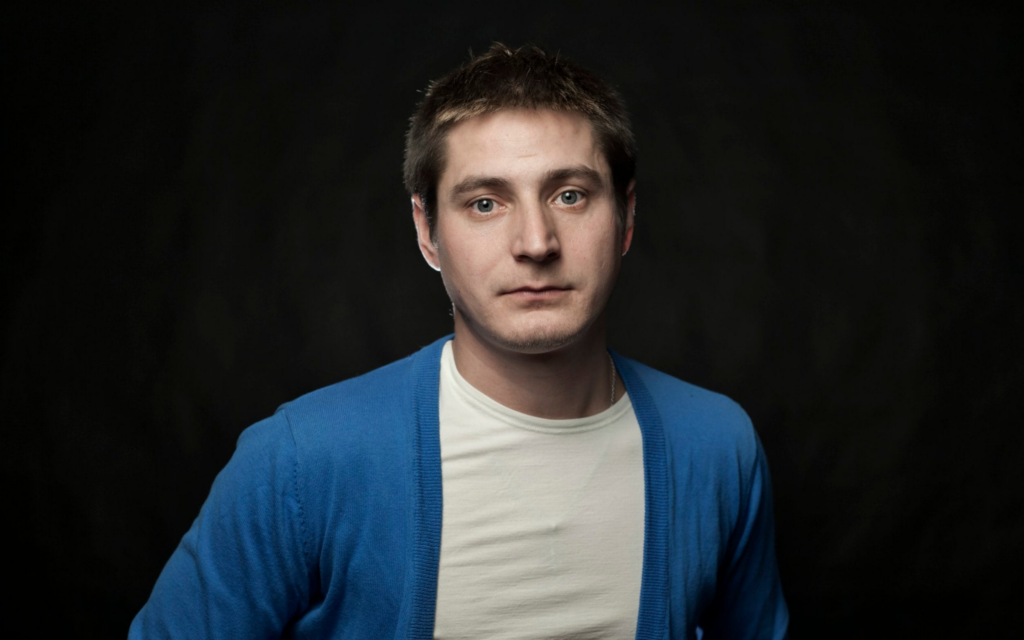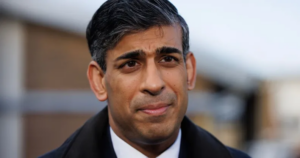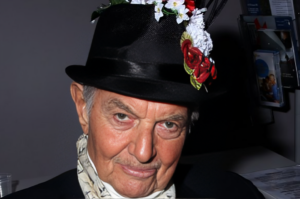
In a landmark ruling, the European Court of Human Rights has delivered a resounding victory for justice and human rights, affirming the harrowing experiences of Maxim Lapunov, the sole survivor courageous enough to seek accountability for the heinous anti-gay purge that shook Chechnya in 2017. The court‘s verdict unequivocally states that Lapunov was “detained and subjected to ill-treatment by State agents,” an act that amounted to nothing short of torture, all solely because of his sexual orientation.
Maxim Lapunov’s journey to justice began in May 2019 when he took his case to the European Court, driven by the Russian authorities’ failure to investigate his brutal assault. Despite facing immense personal risk, Lapunov demonstrated unwavering resolve and cooperated with Russia’s investigative authorities with the support of his dedicated legal team from the Committee Against Torture, a prominent Russian human rights organization.
Six years ago, I had the privilege of meeting Lapunov when I moderated a news conference in Moscow, during which he publicly shared his traumatic story for the first time. At that time, Lapunov was 30 years old and courageously recounted the horrifying ordeal he endured alongside dozens of others. His hands trembled as he described the atrocities he faced, pausing several times to regain his composure. However, he persisted, his determination unwavering.
Originally from Siberia, Lapunov had ventured to Chechnya for work, fortunate enough not to confront the grave dangers that every Chechen man caught in the purge feared: the prospect of being targeted by their own relatives or bringing overwhelming stigma upon their families due to their homosexuality. Lapunov’s captors had menacingly threatened him with death if he spoke out, but he steadfastly refused to remain silent, declaring, “We all have rights… If we just let it be [in Chechnya],… we’ll never know whose son or daughter will be taken next.”
During this period, Russian authorities claimed that they couldn’t initiate an investigation into the purge due to a lack of victims willing to testify. Even when Lapunov came forward with his gut-wrenching testimony, they still failed to take action. In early 2019, Chechen police once again carried out a series of arrests and torture against men based solely on their presumed sexual orientation. Faced with the grim reality that Russian authorities would not fulfill their duty to investigate, Lapunov and his legal team took the courageous step of lodging a complaint with the European Court of Human Rights. Today, their unwavering determination has borne fruit, as justice prevails.
It is worth noting that after Russia’s full-scale invasion of Ukraine, the country lost its Council of Europe membership, leaving little hope for the Russian authorities to promptly implement this crucial ruling. Nevertheless, this landmark judgment sets the record straight and serves as a beacon of hope for all survivors of the purge. It underscores the importance of international institutions and human rights advocacy in holding governments accountable for their actions, even in the face of adversity.
In the wake of this ruling, we must celebrate the resilience and bravery of individuals like Maxim Lapunov, who refuse to be silenced and continue to fight for justice in the face of overwhelming odds. Their stories remind us of the enduring power of the human spirit and the indomitable will to seek justice, no matter the obstacles. This victory serves as a reminder that, ultimately, the pursuit of justice and human rights can prevail over prejudice and discrimination.
Author























